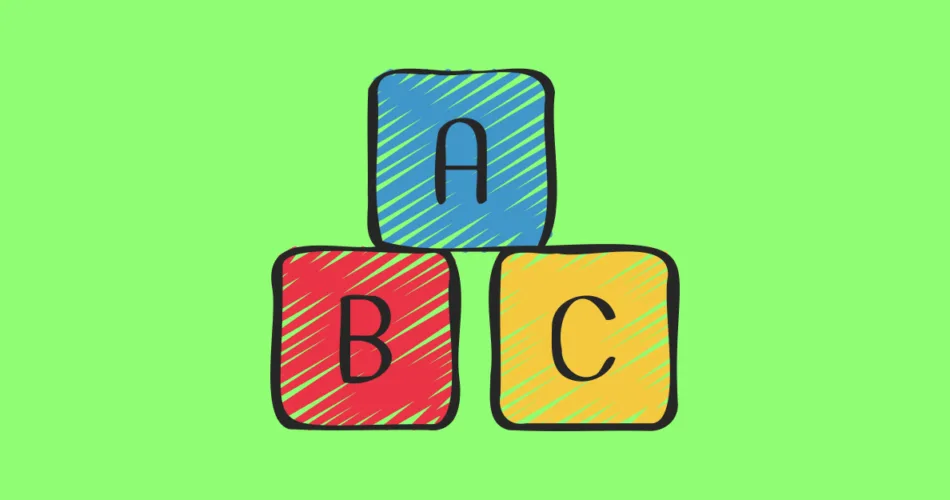In the realm of modern software development and deployment, Docker has become a household name. It’s a revolutionary tool that simplifies the way we package, distribute, and run applications. In this guide, we’ll delve into Docker fundamentals, from understanding what Docker is to working with Docker images, containers, registries, and running containers effectively.
What is Docker?
Docker is an open-source platform that automates application deployment, scaling, and management inside lightweight, portable, and self-sufficient containers. These containers are isolated environments that encapsulate everything needed to run an application, including code, runtime, system tools, libraries, and settings.
Docker Images and Containers
At the core of Docker are images. An image is a lightweight, stand-alone, and executable package that includes application code and all its dependencies. Containers are instances of Docker images that run as isolated processes on a host system. Think of an image as a blueprint and a container as a running instance of that blueprint.
Docker Hub and Registries
Docker Hub is a cloud-based registry service where you can find, share, and distribute Docker images. It’s a massive repository of publicly available images that you can use as a base for your containers. You can also publish your custom images to Docker Hub or use private registries for secure image storage.
Running Containers with Docker
Running containers with Docker is straightforward. You can use the docker run command to create and start a container from an image. Docker manages the container’s lifecycle, ensuring it runs in isolation from the host system while having access to the resources it needs.
Conclusion
These are the fundamentals of Docker that pave the way for more advanced usage. Docker revolutionizes the way we package, distribute, and deploy applications, making it a key tool in modern software development. In future posts, we’ll explore Docker further, covering topics like container orchestration, Docker Compose, and best practices.
Further Reading
- Official Docker Documentation: https://docs.docker.com/
- Docker Hub: https://hub.docker.com/
Subscribe to our email newsletter to get the latest posts delivered right to your email.


Comments